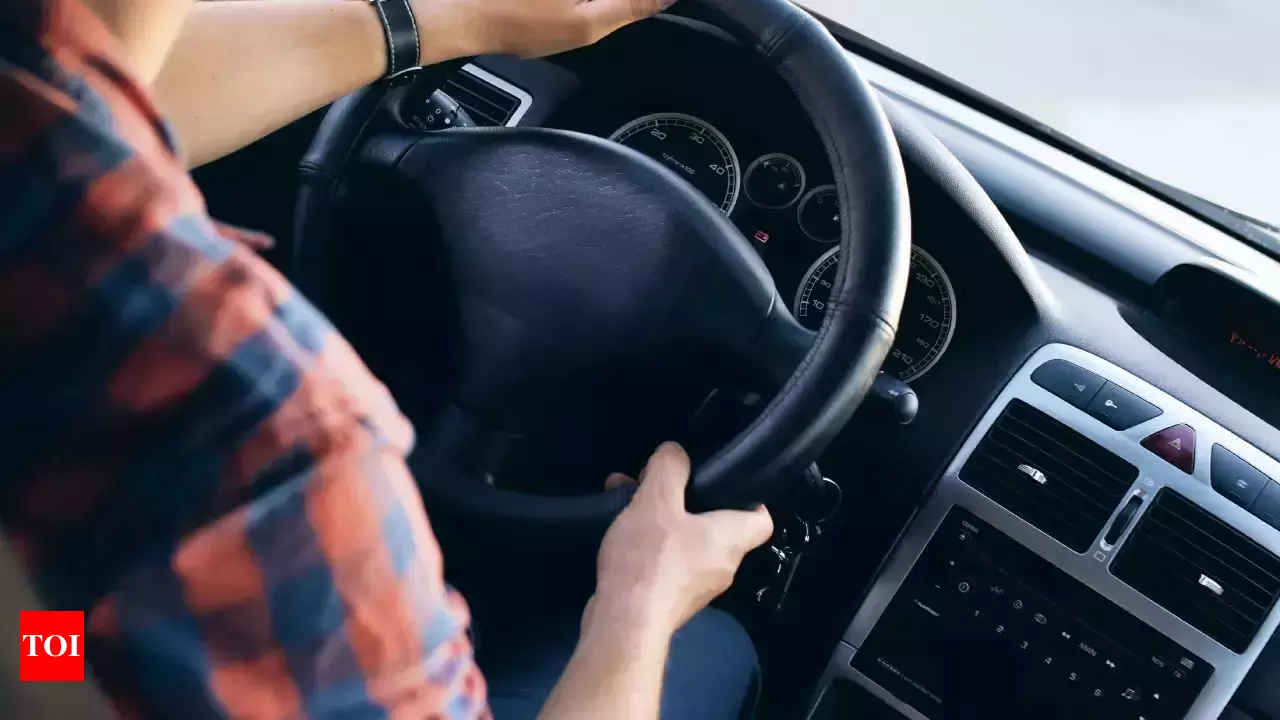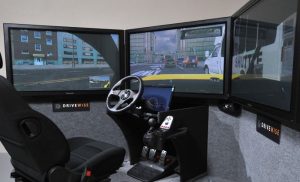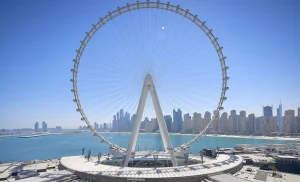
Maximising Miles: 6 Ways to Boost Your Fuel Efficiency on Dubai Roads
Prioritising fuel efficiency is crucial in Dubai, a city with its own traffic problems and fluctuating petrol prices.
With the emirate’s expansive road network and numerous private and public vehicles, improving fuel efficiency helps you save money. Moreover, it translates to longer distances you can travel on each tank, reducing the frequency of your refuelling stops and enhancing the convenience of other drivers navigating the city’s vast expanse.
Boosting your car’s efficiency after having your tank filled using a fuel delivery app in Dubai also lets you contribute to a cleaner environment. Given the region’s focus on sustainability and reducing carbon emissions, adopting fuel-efficient practices allows you to contribute to Dubai’s goals for a greener future.
How to Improve Your Car’s Fuel Efficiency
If you want to boost your vehicle’s fuel efficiency and leverage these benefits, follow these tips:
Accelerating quickly, braking within short distances and shifting gears at high RPM (revolutions per minute) are some of the bad driving habits that empty your tank quickly.
If you want to change your driving habits to have a more fuel-efficient car, start by practising:
- Easing up on the accelerator pedal.
- Turning off the engine or using the Auto Start-Stop function when your car is idle for more than 30 seconds or when you’re waiting for the green light.
- Maintaining a constant speed of 60 to 80 km/h unless your car is low or the speed bumps are extremely high.
- Shifting gears at the right time if you’re driving a manual car.
Being stuck in stop-start traffic for several hours translates to wasting fuel. The high temperature can also cause your vehicle to overheat, which can damage your engine.
To help your car avoid traffic-related problems, plan your journeys to steer clear of congested roads, particularly during rush hours. You can use your car’s GPS or navigation system to look for traffic-free routes.
You can also install a navigation and map app on your smartphone to know which areas to avoid due to traffic congestion and roadworks and to look for the best alternative routes.
When your tyres are under-inflated, your vehicle consumes more fuel due to high friction.
Conversely, over-inflated tyres are hazardous since they reduce traction and increase tyre wear at their centre.
As such, regularly inspect your tyres. Ensure they align with the recommended pressure on the driver’s door.
If you don’t know how to check or measure your car’s tyre pressure, have a technician inspect them.
If the tyres are under-inflated, consider having them inflated with nitrogen instead of regular air for better fuel efficiency and longer life.
A well-maintained engine helps your vehicle perform better, thereby increasing its fuel efficiency. Changing the engine oil as scheduled ensures this part of your car maintains its excellent condition.
When oil becomes dirty, contaminated, oxidised or depleted, it impacts your engine and its performance. Because of this, you need to change it every 4,500 kilometres or 3,000 miles or every 12 months if you don’t hit this number to improve your car’s overall performance and fuel economy.
Ensure you use the correct grade engine oil for your car. Also, have the air filter cleaned and replaced when necessary or as recommended by a technician to help the engine perform better.
Wheel alignment issues are caused by driving too fast over speed bumps, potholes and other road obstacles, hitting curbs, and car accidents. When your front wheels are misaligned, your vehicle uses more fuel. Moreover, the tyres are likely to wear out more quickly.
Filling up your tank more often than usual is a common sign of front-end wheel misalignment. Other indications include the following:
- Noticeable vibration in the steering wheel and seat.
- The steering wheel feels loose and hard to control.
- The vehicle is constantly pulling to one area or the other side of the road.
If you notice these signs, have a tyre technician check and align the wheels to make your vehicle more fuel-efficient.
Various studies show that overloading vehicles causes them to consume more fuel. Cars with smaller engines tend to be more impacted when they carry heavy loads.
As such, avoid putting unnecessary things in your boot. These include your toolbox, golf clubs, gym equipment and other sports accessories. Also, make it a habit to remove any rubbish in your car.
Consider removing unnecessary parts of your vehicle as well. These can include the roof and bike racks you never use since they only add weight and drag to your ride.
You can also replace your steel wheels with lightweight alternatives and the spare tyre with a can of tyre sealant.
These simple tips ensure you have everything you need in your vehicle without overloading it and save fuel and money at the same time.
Whether your routes take you frequently to Dubai Marina, Business Bay, Jumeirah, Dubai Festival City or even out of the city, ensure you have a fuel-efficient car all the time by following these tips.





